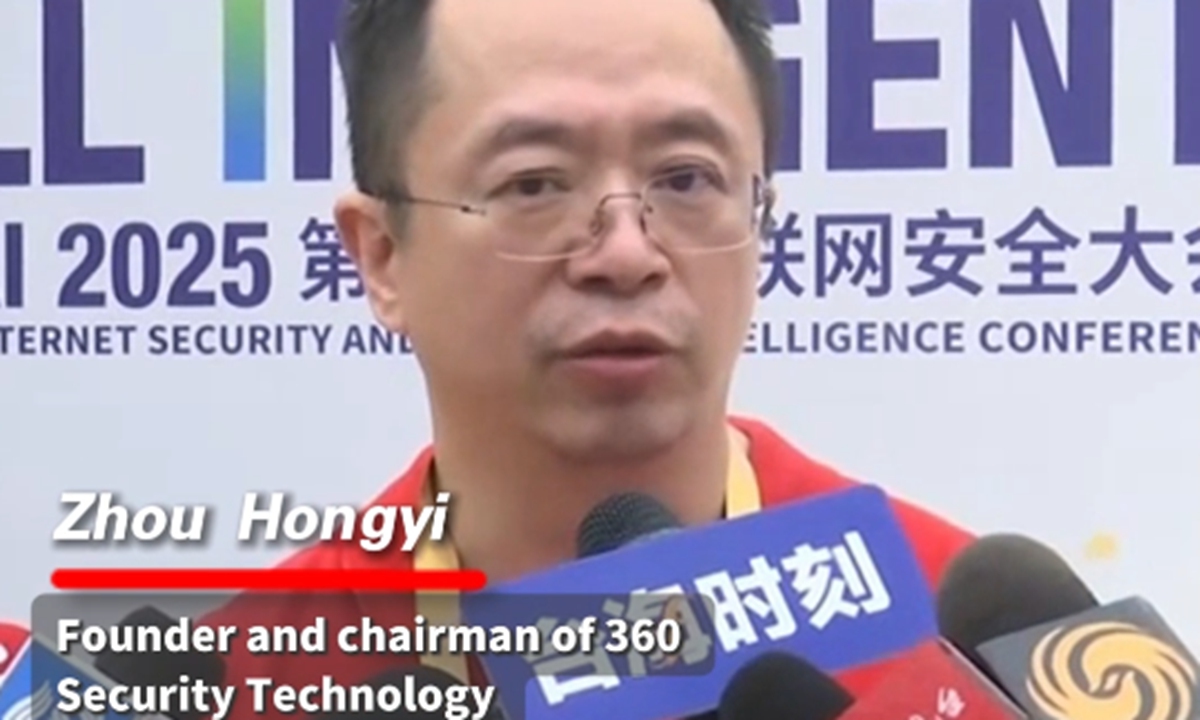Taiwan's 'Cyber Army' Capabilities Questioned by 360 Security Founder – Are They Really a Threat?

Is Taiwan's 'Cyber Army' Overhyped? 360 Security Founder Raises Concerns
Recent statements by the founder of 360 Security Technology, a leading Chinese cybersecurity firm, have sparked debate regarding the capabilities of Taiwan's so-called 'cyber army.' Zhou Hongyi, the founder, has publicly stated that Taiwan's cyberattack capabilities are “below average,” a claim that has been met with both skepticism and scrutiny within the cybersecurity community.
This assessment comes at a time of heightened geopolitical tensions between China and Taiwan, and as nations worldwide increasingly rely on cyber defenses to protect critical infrastructure and sensitive data. The implications of this evaluation are significant, impacting perceptions of Taiwan's security posture and potentially influencing regional cybersecurity strategies.
What Did 360 Security's Founder Actually Say?
Zhou Hongyi’s comments, made during a recent interview, didn't dismiss Taiwan's cybersecurity efforts entirely. However, he argued that the resources and expertise dedicated to offensive cyber capabilities are comparatively limited. He suggested that while Taiwan possesses skilled individuals, the overall scale and sophistication of its cyber warfare capabilities are not on par with those of more established cyber powers.
Why Does This Matter?
The cybersecurity landscape is constantly evolving, with nation-state actors and criminal organizations deploying increasingly sophisticated techniques. A strong cyber defense is crucial for any nation, but offensive capabilities are also vital for deterring attacks and responding to threats. If Taiwan’s offensive cyber capabilities are indeed weaker than perceived, it could leave the island vulnerable to attack and potentially escalate regional instability.
Analyzing the Claims: What's the Reality?
Evaluating the accuracy of Zhou Hongyi's claims is complex. Information regarding Taiwan's cyber capabilities is often shrouded in secrecy, making independent verification difficult. Here are some factors to consider:
- Limited Public Information: Taiwan has historically been tight-lipped about its cyber warfare programs, making it challenging to assess their true strength.
- Focus on Defensive Measures: Taiwan has prioritized defensive cybersecurity measures, particularly in protecting critical infrastructure like power grids and communication networks. This could suggest a less emphasis on offensive capabilities.
- Human Capital: While resources may be limited, Taiwan boasts a highly skilled workforce in the technology sector, which could contribute to a smaller, but effective, cyber team.
- International Partnerships: Taiwan likely collaborates with other nations on cybersecurity matters, potentially leveraging external expertise and resources.
The Broader Implications for South Africa & the Region
While Taiwan’s situation is specific, the broader implications for South Africa and the wider African continent are relevant. Increased cyberattacks globally necessitate robust cybersecurity measures for all nations. The debate surrounding Taiwan’s cyber capabilities highlights the importance of:
- Investing in Cybersecurity Talent: Developing a skilled workforce capable of defending against and responding to cyber threats.
- Strengthening Infrastructure Security: Protecting critical infrastructure from cyberattacks.
- International Collaboration: Sharing information and best practices with other nations to enhance collective cybersecurity.
Conclusion: A Need for Vigilance
Zhou Hongyi’s assessment of Taiwan’s cyber capabilities is a provocative one, but it underscores the importance of ongoing vigilance and investment in cybersecurity. Regardless of Taiwan's precise offensive capabilities, the threat of cyberattacks remains a serious concern for all nations, and proactive measures are essential to mitigate the risks. The cybersecurity landscape is a constantly evolving battlefield, and South Africa, along with the rest of the world, must remain prepared to defend against emerging threats.





